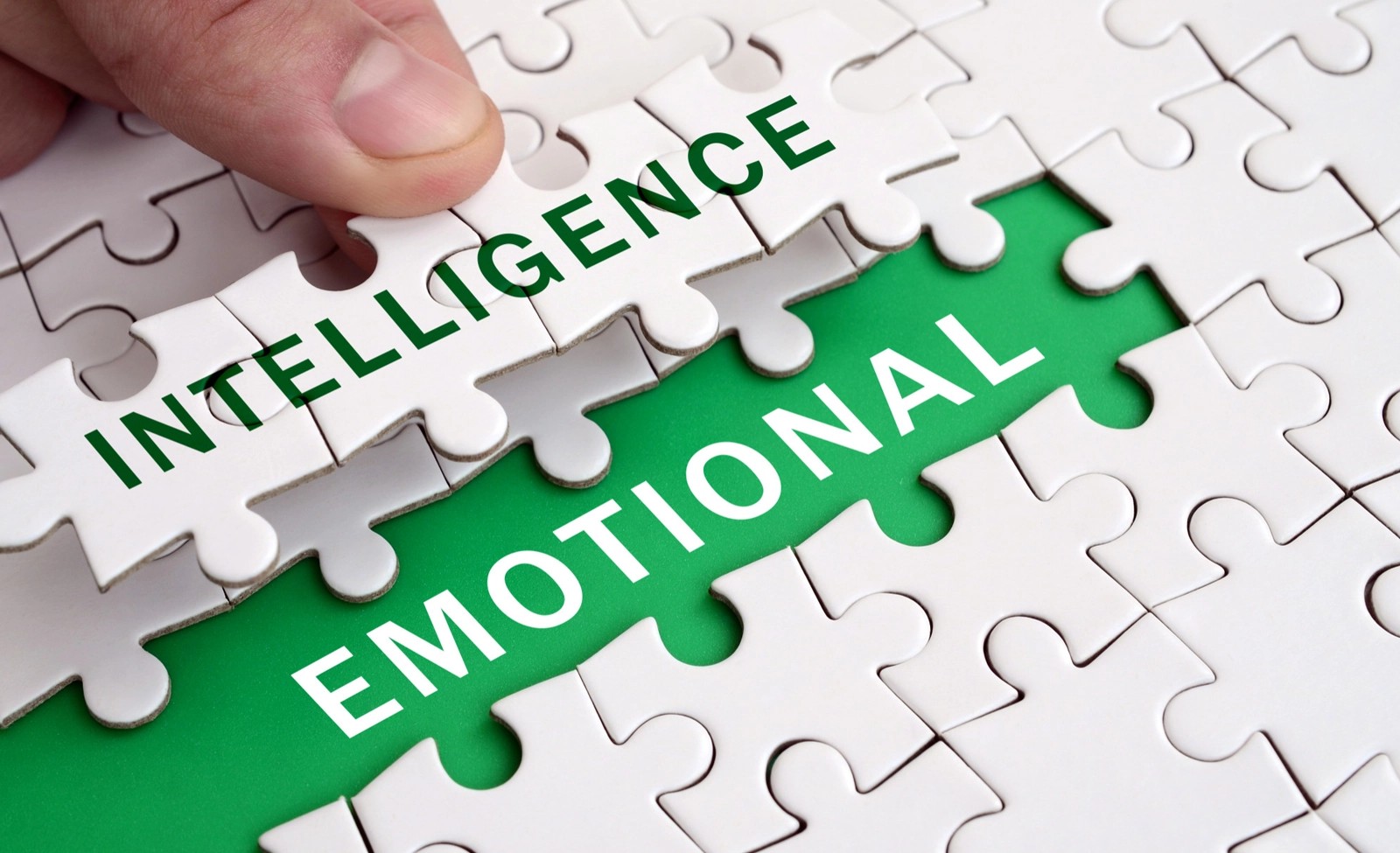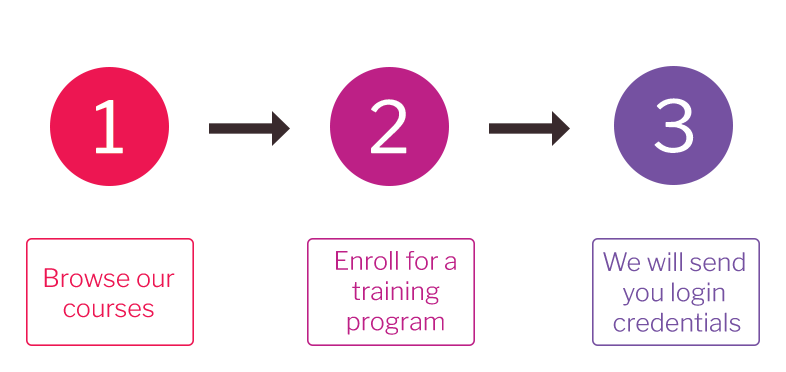Emotional Intelligence – Your New Superpower!
There is much written today about the importance of emotional intelligence and how mastering
your emotions can improve your life. But the concept of emotional intelligence is not new.
“Anyone can become angry – that is easy. But to be angry with the right person, to the right
degree, at the right time, for the right purpose and in the right way – that is not easy.” Aristotle
Daniel Goleman’s 1995 book ‘Emotional Intelligence’ explains that our brains are hard-wired to give
emotions the upper hand. The limbic system (the emotional brain) reacts to events first, before
we have the opportunity to engage the rational brain (the pre-frontal cortex). The communication
between these two areas of the brain is the very definition of emotional intelligence.
Emotional intelligence gives you a new type of relationship with your emotions, one where you
manage them instead of them managing you.
Emotional Intelligence helps people understand the role their emotions play in their thinking,
behaviour, decision-making and ultimately, their relationships. The essence of effective leadership
is the capacity to understand people and then translate this into a series of goals and activities to
secure your organisation.
 Communication
Communication
About The Program
There is much written today about the importance of emotional intelligence and how mastering
your emotions can improve your life. But the concept of emotional intelligence is not new.
“Anyone can become angry – that is easy. But to be angry with the right person, to the right
degree, at the right time, for the right purpose and in the right way – that is not easy.” Aristotle
Daniel Goleman’s 1995 book ‘Emotional Intelligence’ explains that our brains are hard-wired to give
emotions the upper hand. The limbic system (the emotional brain) reacts to events first, before
we have the opportunity to engage the rational brain (the pre-frontal cortex). The communication
between these two areas of the brain is the very definition of emotional intelligence.
Emotional intelligence gives you a new type of relationship with your emotions, one where you
manage them instead of them managing you.
Emotional Intelligence helps people understand the role their emotions play in their thinking,
behaviour, decision-making and ultimately, their relationships. The essence of effective leadership
is the capacity to understand people and then translate this into a series of goals and activities to
secure your organisation.
Other Courses








